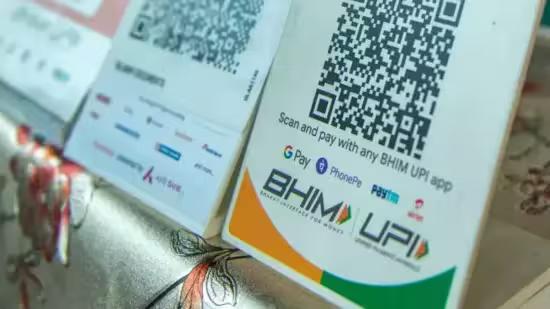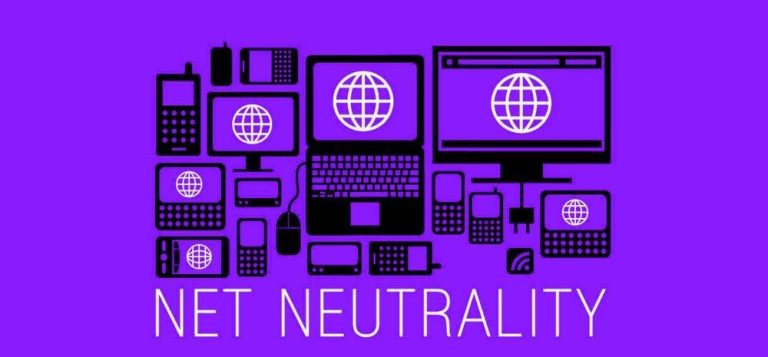
Trinidad & Tobago becomes the first Caribbean nation to adopt UPI
In a significant development, Trinidad and Tobago has become the first Caribbean country to adopt Unified Payments Interface (UPI), India’s flagship digital payment platform. This milestone achievement was marked during Prime Minister Narendra Modi’s two-day official visit to the Caribbean nation. The adoption of UPI is expected to bring numerous benefits to the country, including increased financial inclusion, reduced cash transactions, and improved efficiency in digital payments.
UPI is a real-time payment system that allows users to send and receive money using a unique ID, known as a Virtual Payment Address (VPA). It is a highly secure and convenient way to make payments, and has been widely adopted in India since its launch in 2016. With Trinidad and Tobago joining the UPI network, it becomes the 8th country to adopt the platform, along with India, Bhutan, Russia, Singapore, Nepal, Brazil, and the UAE.
The adoption of UPI in Trinidad and Tobago was announced during PM Modi’s meeting with Trinidad and Tobago’s Prime Minister Dr. Keith Rowley. The two leaders also agreed to explore further collaboration in the implementation of India Stack solutions, including DigiLocker, e-Sign, and Government e-Marketplace (GeM). India Stack is a set of APIs that enables startups, developers, and businesses to build various applications and services using government-issued data, such as Aadhaar, PAN, and driving licenses.
The adoption of UPI in Trinidad and Tobago is expected to have a significant impact on the country’s digital payments landscape. With UPI, users can make payments using their mobile phones, without the need for physical cards or cash. This is expected to reduce the country’s reliance on cash transactions, which are often time-consuming and inefficient.
The UPI system is also expected to increase financial inclusion in Trinidad and Tobago, by providing access to financial services for the underserved and unbanked population. According to the World Bank, 15% of Trinidad and Tobago’s population is unbanked, meaning they do not have access to formal financial services. UPI can help bridge this gap by providing a convenient and secure way to make payments, without the need for a bank account.
The adoption of UPI in Trinidad and Tobago is also expected to boost the country’s e-commerce sector. With UPI, online merchants can accept payments in real-time, without the need for manual intervention. This is expected to increase the number of online transactions, and provide a boost to the country’s e-commerce sector.
The announcement of UPI’s adoption in Trinidad and Tobago comes at a time when the world is increasingly shifting towards digital payments. According to a report by the World Payments Report, global non-cash transactions are expected to reach 1.2 trillion by 2025, up from 780 billion in 2020. The adoption of UPI in Trinidad and Tobago is a significant step towards this goal, and is expected to have a lasting impact on the country’s digital payments landscape.
In conclusion, the adoption of UPI in Trinidad and Tobago is a significant milestone, not just for the country, but for the entire Caribbean region. It marks a major step towards increasing financial inclusion, reducing cash transactions, and improving efficiency in digital payments. As India’s flagship digital payment platform, UPI has the potential to transform the way people make payments, and Trinidad and Tobago’s adoption of the platform is expected to have a lasting impact on the country’s digital payments landscape.






